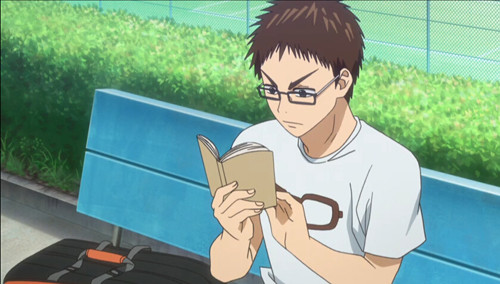原味人文风情:
We want to do well at school for an obvious reason, because, as we're often told, it's the primary route to doing well at life. Few of us are in love with the A grades themselves. We want them because we're understandably interested in one day having a fulfilling career, a pleasant house, and the respect of others. But sometimes, more often than seems entirely reassuring, something pretty confusing occurs. We come across people who triumphed at school but flunked at life, and vice versa. The former stars who once knew exactly how to satisfy their teachers may now be flatlining in a law office or relocating to a provincial town in the hope of finding something better. The path that seemed guaranteed to lead to success has run into the sand.
We shouldn't actually be surprised. School curricula are not designed by people who necessarily have much experience of, or talent at, the world beyond. School curricula are not reverse engineered from fulfilled adult lives in the here and now. They were intellectually influenced by all kinds of slightly random forces over hundreds of years of evolution, shaped by, among other things, the curricula of medieval monasteries, the ideas of some 19th-century German educationalists, and the concerns of aristocratic court societies.

This helps to explain the many bad habits that schools can inculcate. They suggest that the most important things are already known; that what is is all that could be. They can't help but warn us about the dangers of originality. They want us to put up our hands and wait to be asked. They want us to keep asking other people for permission. They teach us to deliver on rather than change expectations. They teach us to redeploy ideas rather than originate them. They teach us to respect people in authority rather than imagine that, in rather inspiring ways, no one actually knows quite what's going on. They teach us everything other than the two skills that really determine the quality of adult life: knowing how to choose the right job for us and knowing how to form satisfactory relationships. They'll instruct us in Latin and how to measure the circumference of a circle long before they teach us these core subjects: work and love.












